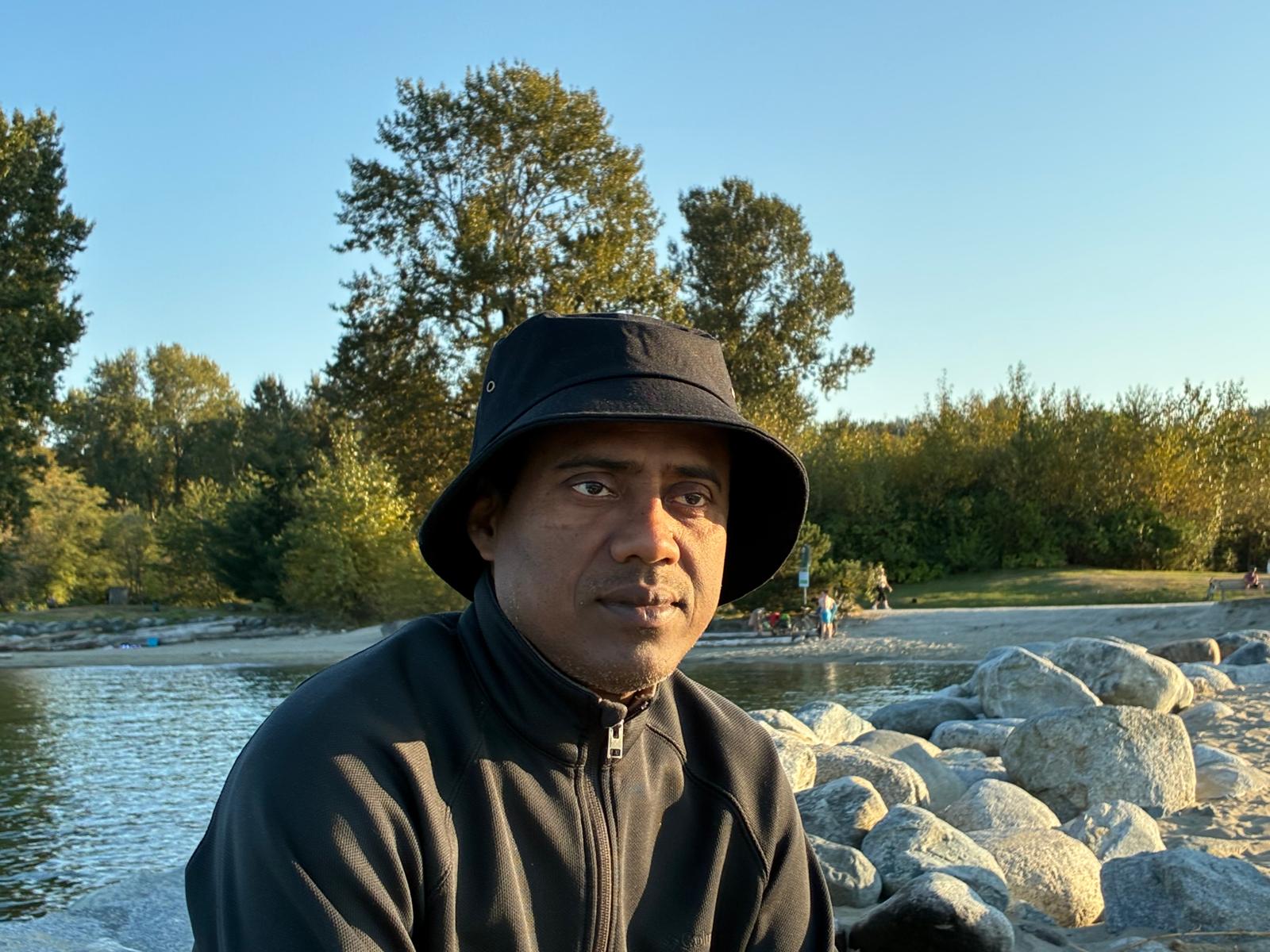Jafar Iqbal
Being a Public Scholar means making research serve the public good by addressing groups too often unseen, untouched and unattended. It situates my work on workers’ education and global supply chains within the broader questions of justice and democracy in the global context, supported by PSI’s learning opportunities.
Research description
What does being a Public Scholar mean?
Being a Public Scholar means making research serve the public good by addressing groups too often unseen, untouched and unattended. It situates my work on workers’ education and global supply chains within the broader questions of justice and democracy in the global context, supported by PSI’s learning opportunities. It also means joining a community of scholars committed to real-world change, and learning from diverse perspectives across backgrounds, countries and research interests that matter both locally and globally.
In what ways do you think the PhD experience can be re-imagined with this Initiative?
I believe the Public Scholars Initiative reimagines the PhD as more than an academic exercise, emphasizing collaboration, accessibility and social impact alongside scholarly pursuit. For me, with UBC’s PSI learning opportunities, this means connecting my ethnographic research to grassroots learning and education in Bangladesh’s garment industry. It allows me to work across disciplines and with communities that directly shape the questions I study. Through this process, my PhD becomes a platform for producing knowledge that is both rigorous and transformative, creating impact on the social lives of people.
How do you envision connecting your PhD work with broader career possibilities?
I see my PhD as preparation for work that crosses academic and non-academic spaces. The skills I am building — research, translation of knowledge and collaboration — are vital for careers in universities, labour organizations and policy work. I want my scholarship to be useful not only in classrooms but also in social institutions, such as union halls and policy forums. This commitment pushes me to think beyond conventional academic boundaries. In doing so, I am preparing for a career rooted in both rigour and public relevance.
How does your research engage with the larger community and social partners?
My research is grounded in collaboration with union educators, grassroots women’s workers’ networks in Bangladesh and the University of British Columbia (UBC). Together, we co-shape questions, collect artifacts and analyze how workers learn and organize. UBC’s research credibility brings weight to workers’ knowledge, while community partners on the ground study lived realities. Results return through posters, reports and online forums accessible to thousands of workers. This ensures that knowledge is shared back to the communities who made it possible. In this way, my work both amplifies workers’ voices and contributes to wider understanding of democracy and social justice.
Why did you decide to pursue a graduate degree?
I decided to pursue a graduate degree to study workers’ education in Bangladesh, develop new ways of understanding labor and democracy, and build knowledge that advances social justice locally and globally.
Why did you choose to come to British Columbia and study at UBC?
I chose UBC because it offers leading expertise, global networks and a strong tradition of multidisciplinary social research in a global context. It provides the academic environment, mentorship and resources I need to advance my study of workers’ education and social justice.





